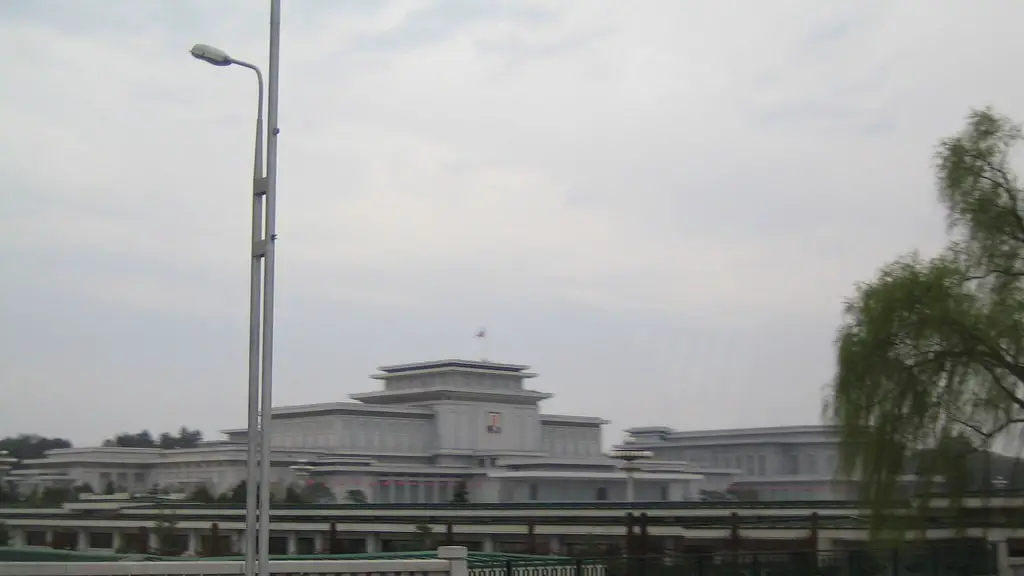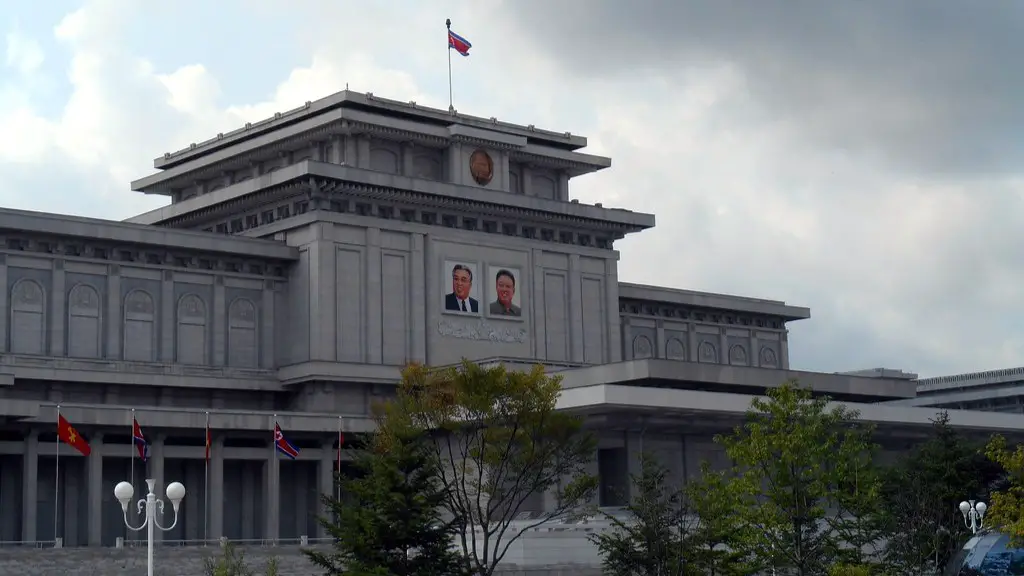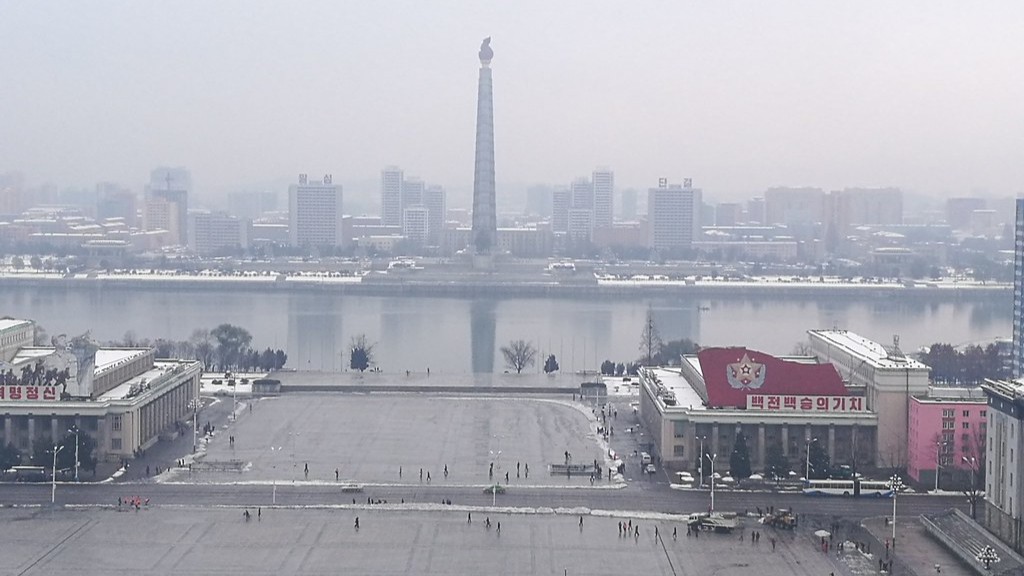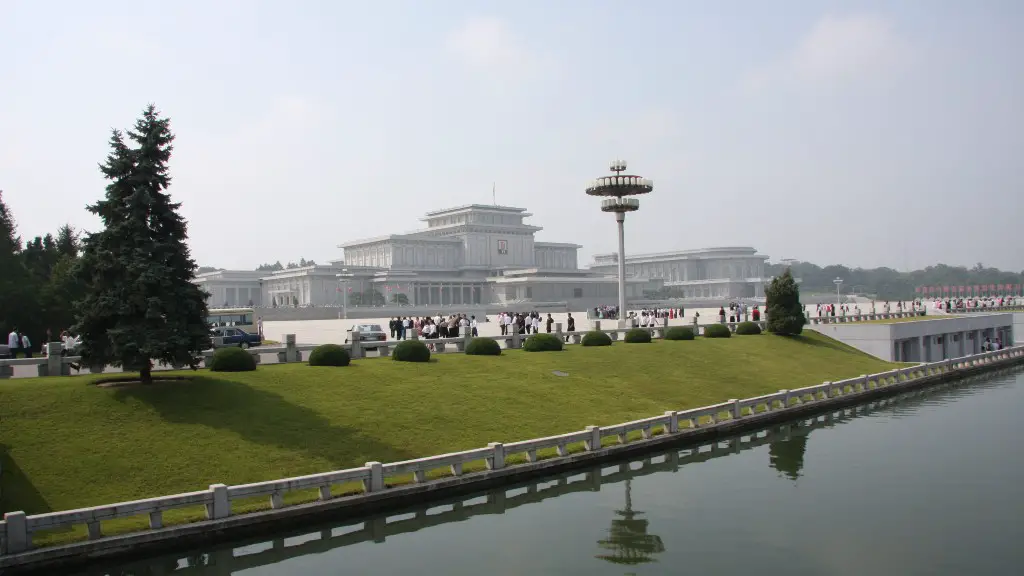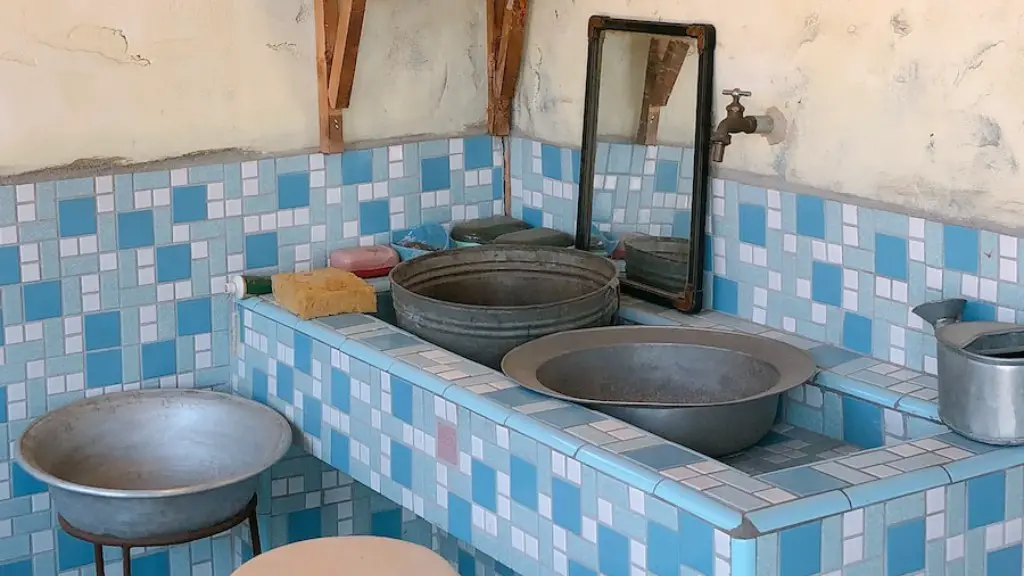Millions of people are curious about the hermit nation of North Korea, but you can’t just hop on a plane and head there. Leaving North Korea is not a simple task and very few citizens have been able to do it. But why is it so hard for anyone to leave?
The North Korean government is incredibly restrictive in terms of who can leave the country. This is due to a fear of North Korean citizens fleeing to neighbouring countries and seeking asylum. People who are caught fleeing are severely punished or even killed. The government also restricts the amount of people who can go abroad to study and requires they report their whereabouts to require authorities. These restrictions, combined with a lack of resources, make it nearly impossible for those in North Korea to leave the country.
The restrictions don’t only affect those living in North Korea. People who wish to visit North Korea, need to have special permission from the government and will be closely monitored during their stay. Tourists are only allowed to visit certain areas and cannot deviate from the specified schedule without permission. Any tourists who are caught breaking the rules are severely punished and may even be arrested.
North Korean citizens also feel like they lack a sense of control or autonomy when it comes to their lives and leaving the country. This is because they are closely monitored and controlled by the government, and leaving would mean questioning the system they live under. This can make North Koreans feel scared and isolated, and many choose to stay in the country rather than attempt to flee.
Additionally, leaving North Korea isn’t always a guarantee for a better life. Those who attempt to flee may face numerous risks and dangers along the way. People could encounter traffickers, robbers, and other criminals, as well as border officials who are strict and often violent. The journey is often long and treacherous, and many don’t make it out alive.
Overall, leaving North Korea isn’t an easy feat. The government has imposed harsh restrictions to discourage people from leaving and many choose to stay in the country due to various factors.
Impact On South Korea
The difficulties of getting out of North Korea have an impact on South Korea. There are currently roughly 30,000 refugees living in South Korea who have managed to flee the North, but there are many South Koreans who are distant relatives with family members still in North Korea. They are not allowed to visit their family members, and the only way to make contact is through letters.
South Korea has tried to make efforts to ease the process of escaping North Korea, such as providing funds. However, these efforts have not been enough to make a real difference. Additionally, the South Korea government has adopted a policy of “non-interference” in North Korea, meaning they cannot take direct action in rescuing refugees as it may create tensions between the two countries.
South Korean organisations such as Liberty in North Korea and the Citizens’ Alliance for North Korean Human Rights are working toward achieving more aid for North Korean refugees and better policies to protect them. They have also been pushing for a more humane immigration policy and greater human rights for North Korean refugees.
South Koreans continue to be hopeful for the future of North Korea and are trying to come up with ways to help North Koreans escape safely and allow them to start a new life in South Korea.
International Organizations’ Efforts To Help North Koreans
International organisations are working towards improving and providing assistance to North Koreans. The United Nations (UN) and the International Community have been trying to put in place measures to reduce the suffering of North Koreans by providing food, medical assistance and other aid.
The United Nations has also been trying to raise awareness to put pressure on North Korea to ease the limits of movement and treat its citizens more humanely. In addition, there are a number of international non-governmental organisations (INGOs) working to provide assistance to North Koreans in various ways, such as providing food aid and medical assistance.
The International Red Cross is an organisation that has been providing aid to North Koreans for many years. It has been carrying out relief operations in the country for almost two decades, providing food, healthcare, water and sanitation support.
Furthermore, there are a number of non-profit organisations working to provide legal aid and other assistance to North Koreans who have fled the country. These organisations are trying to make sure that North Koreans are treated fairly and adequately provided for.
Families Torn Apart
The North Korea crisis has created untold suffering among North Koreans, with many families being separated and unable to be reunited. Many North Koreans who have attempted to flee have been separated from their families, with some not hearing from each other in years.
Such separations can cause psychological trauma and a feeling of helplessness, leaving those who are left behind feeling desperate and helpless. It can take years for families to reunite and some may never see each other again.
The families of North Korean refugees have to live with the guilt of knowing that their loved ones have had to leave the country in order to find a better life. Despite their suffering, they are unable to do anything to bring them back.
International organisations and charities are working towards helping North Korean refugees, but there is still much to do. North Korean refugees and their families need more support in order to rebuild their lives and find a sense of stability.
The Human Cost Of The North Korean Crisis
The North Korea crisis has resulted in countless human rights abuses, with those attempting to flee often facing little to no outside aid or protection. North Koreans who have attempted to flee have to risk their own lives, endure torture, and travel through dangerous borders. They have to face tremendous suffering and hardship along the way, with many not even surviving the journey.
International organisations are trying to provide assistance to North Koreans, but it is not yet enough. Little progress has been made in terms of providing proper medical care, adequate housing, and better access to education to North Koreans. More needs to be done to help North Korean refugees rebuild their lives.
Perspectives Of North Korean Defectors And Refugees
Those who managed to escape North Korea to find new lives abroad often talk about the physical and mental suffering they had to cope with in the past. They describe a life of fear and oppression, with little access to food and medical supplies. Many of them were forced to leave the country, due to lack of resources and the lack of freedom.
Most of those who have managed to escape are thankful for the opportunity for a better life in other countries. But they also struggle to cope with the trauma and the physical and mental toll the journey has taken on them. They share their experiences of the hardships they endured and hope to encourage people to take a stand in helping those who are still trapped in North Korea.
North Korean refugees also hope to call on the international community to work together to resolve the North Korean crisis, so that those still trapped in North Korea can have the freedom to travel, the resources to live, and the right to be treated as human beings.
Raising Awareness Around The North Korean Crisis
North Korea has been in the news and media since the early 2000s, yet many are still unaware of the situation in the nation. There is a need to spread greater awareness of what is going on in North Korea and help to create a more informed public. That could help put more pressure on North Korea to change its policies and make it easier for people to flee.
Organisations like Human Rights Watch, Amnesty International, and the United Nations are working to raise awareness about the plight of North Koreans and push for a better future for those living in the country. Activists are also trying to raise money to fund aid programs in North Korea and support those who have fled the country.
The hope is that more awareness and greater international cooperation will lead to greater change in North Korea and help those who have been suffering from the oppressive regime.
